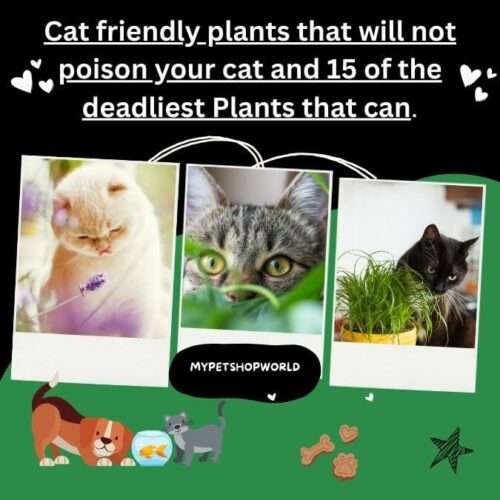Not all plants are cat-friendly. 15 plants you should avoid when you have a cat.
Nothing is more beautiful and inspiring like a bunch of flowers or potted plants that give the last touch to your home. Flowers add a beautiful and welcoming touch to every home.
Unfortunately for different reasons when you have cats you need to consider the plants you buy and have to choose them carefully as some of the plants can be toxic for your cats. Cats love to nibble on plants, it helps them to digest the food and get rid of hairballs.
